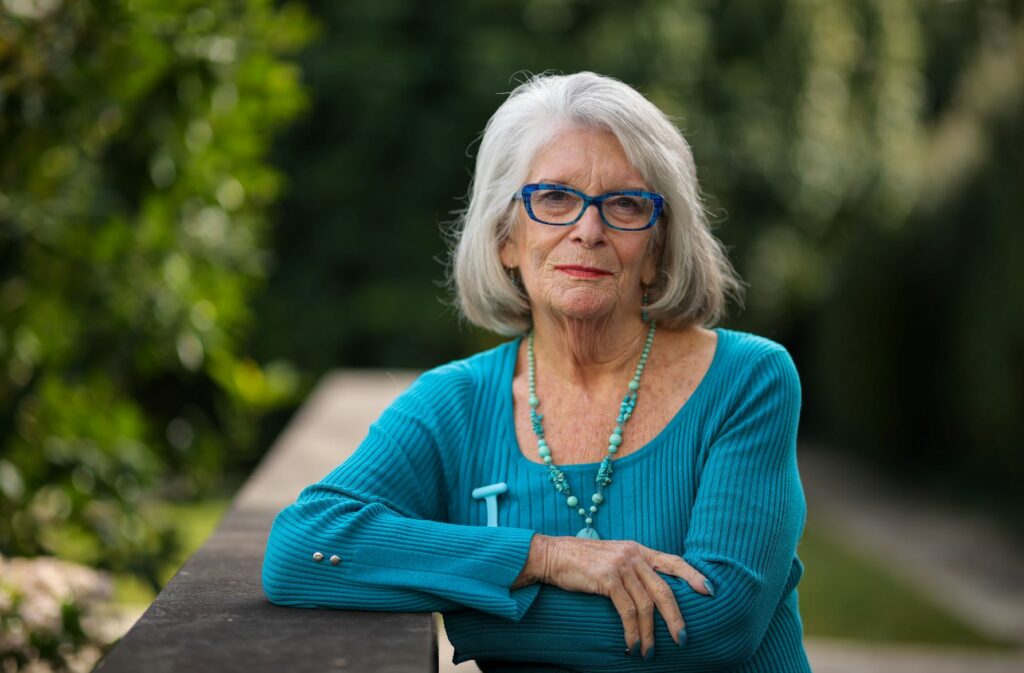Voluntary assisted dying: ‘Without a doubt the most privileged experience I’ve ever had’
Standfirst: Voluntary assisted dying laws have been passed in every Australian state and New Zealand – and nurses are central to their compassionate operation.
Judith Daley wasn’t scared of dying, just how she would die.
Terminally ill with lung cancer and COPD, the 77-year-old Sydneysider became the face of the campaign to pass a voluntary assisted dying (VAD) law in NSW.
Judith’s greatest fear was that her rapidly deteriorating condition would mean a horrific death from drowning in her own secretions. She was angry that she didn’t have access to an end-of-life choice available to other Australian’s that would give her peace of mind.
“This isn’t just annoying; it is downright cruel,” she declared.
Sadly, Judith did not live to see the NSW law pass in May 2022, bringing NSW in line with every other Australian state and New Zealand in legalising medical assistance to die. But she would be proud that her voice had helped change hearts and minds.
Although all laws in Australia and NZ follow a broad ‘Australasian model’ of VAD, there are some key differences in eligibility criteria and processes between each jurisdiction.
As the first two states to pass legislation, Victoria and Western Australia have released annual reports, as has the NZ Ministry of Health, providing us with data about how assisted dying is working.
The systems are operating safely and with care and compassion, giving terminally ill people choice and control.
Medical professionals including nurses are central to the VAD process. Without them assisted dying could not operate. Nurses lead the Care Navigator and VAD Support Services and carry out VAD coordinator roles in hospitals and health districts. In some jurisdictions, nurses also administer VAD medications and accompany their patients to the very end.
Medical professionals who choose to be involved in VAD describe it as challenging but rewarding. Dr Claus Bader, a palliative care specialist GP at the Townsville Hospital, assisted Irene Bizon to die peacefully in January this year.
Diagnosed with terminal lung and bowel cancer, Irene, 78, was determined to die with dignity.
“One thing I’ll never forget was even when we started giving the medication, Irene kept joking and talking to her family and laughing and kissing her son and then she just fell asleep,” said Dr Bader.
“That is the last thing her family will remember, and the last thing she will remember; calm, laughter, happiness, music, love.
“Being with her when she chose to take the medication, to fulfil that wish for her was without a doubt the most privileged experience I’ve ever had and one of the highlights of my whole career,” Dr Bader said.
In September, Go Gentle Australia and VADANZ (Voluntary Assisted Dying Australia and New Zealand) will host the inaugural Voluntary Assisted Dying National Conference in Sydney. To register your interest visit the conference website
Health professionals and terminally ill people who want to know more about VAD can contact the Care Navigators, or the health department in your state. For more information and contact details in Australia visit the law in my state
In New Zealand visit the Ministry of Health’s Assisted Dying Service
Gen Mater
Communications and Policy Officer
Go Gentle Australia


